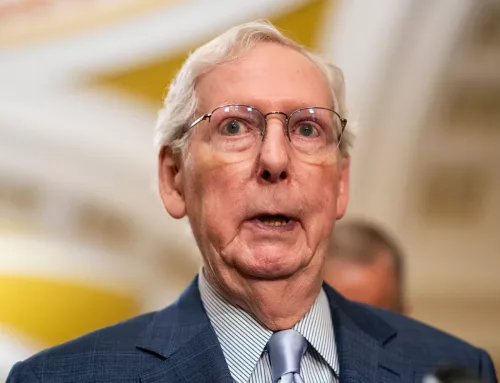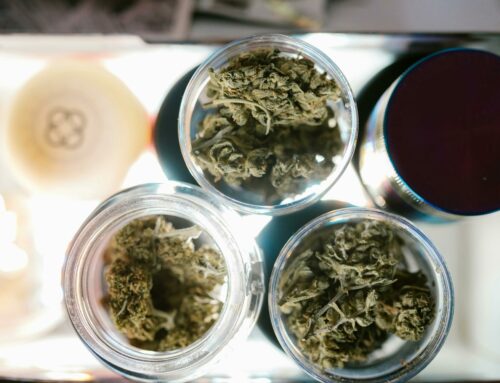Oregon Lawmakers Debate Reversing Drug Decriminalization
LOS ANGELES- In a significant shift in drug policy discussions, Oregon lawmakers from both major political parties are considering proposals to reverse aspects of the state’s drug decriminalization, a move that has sparked debate and criticism from various advocacy groups.
Last week, Republican lawmakers in the Oregon House put forward a proposal aiming to re-criminalize drug possession. This proposal, as reported by the Oregon Capital Chronicle, suggests reassigning misdemeanor penalties for the possession of drugs such as fentanyl, heroin, and meth, with potential consequences including up to one year of jail time, a fine of up to $6,250, or both. The bill is designed to override Measure 110, a voter-approved drug decriminalization initiative from 2020. Additionally, the proposal also includes penalties for public drug use.
On the other side, leading Democrats in Oregon are reportedly contemplating a similar approach to re-criminalize drug possession but with options for individuals to avoid criminal penalties. As per an OPB report, the Democratic proposal may involve programs where legal repercussions could encourage addicts to seek or accept help. This approach could resemble Seattle’s law enforcement-assisted diversion (LEAD) program, which redirects individuals caught with drugs to service providers instead of jail.
However, the notion of re-criminalizing drugs has met with strong opposition from advocacy organizations, including the American Civil Liberties Union of Oregon and the Drug Policy Alliance. These groups, among others, released a joint statement condemning any legislative action that criminalizes addiction. They argue that such a move would be a regression to the unsuccessful tactics of the war on drugs, disproportionately affecting marginalized communities and complicating the challenges of drug addiction, overdose deaths, and homelessness.
Measure 110, which decriminalized the possession of small amounts of drugs, was passed with 58% support from Oregon voters in 2020. Despite this, recent polls suggest a shift in public opinion, with dissatisfaction growing over the state’s ongoing addiction crisis and doubts arising about the effectiveness of the decriminalization policy.
This debate in Oregon reflects a larger national conversation on drug policy, balancing public health concerns, addiction treatment approaches, and the implications of criminalizing drug possession. As lawmakers in Oregon grapple with these complex issues, their decisions could set significant precedents for drug policy across the United States.



































